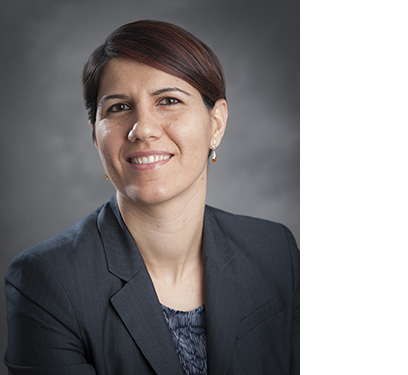FRIB Saturday Morning Physics talk - Year of the periodic table: The synthesis of the elements in the stars and in the lab
Talk details
- Date: 26 January
- Time: 10:30 a.m.
- Location: 1300 FRIB Laboratory
- This talk is part of the FRIB Saturday Morning Physics series
- Video recording
Talk Abstract
The elements we see around us are forged in the burning fires of stars. Nuclear energy and nuclear reactions are driving these fires, and the only way to understand how they work is by producing the relevant nuclei here on Earth and studying their properties. For this reason, among others, the most powerful rare isotope accelerator in the world, FRIB, is currently under construction in the heart of Michigan, on the campus of Michigan State University. Celebrating the International Year of the Periodic Table of Chemical Elements, this talk will focus on how each of the elements and their isotopes can be synthesized inside stars, and how FRIB will give us unique access to the rarest of these isotopes to help us better understand how the universe works. This talk is a part of FRIB Saturday Morning Physics.
Presenter
Artemis Spyrou
Artemis Spyrou is an associate professor of physics at Michigan State University. Originally from Cyprus, she completed her PhD in the field of nuclear astrophysics at the National Technical University of Athens, Greece. She joined MSU and the FRIB Laboratory in 2007 as a postdoctoral researcher, and later as assistant and associate professor at the Department of Physics and Astronomy. Since 2015, she also serves as the Associate Director for Education and Outreach for the FRIB Laboratory.
Artemis’s research focuses on the field of experimental nuclear astrophysics. She studies the structure of exotic nuclei that participate in different astrophysical processes in an attempt to better understand the synthesis of the elements we see around us. In addition, she studies nuclear reactions that take place in stellar environments, either by measuring the reaction of interest directly, or indirectly by studying important nuclear properties.


